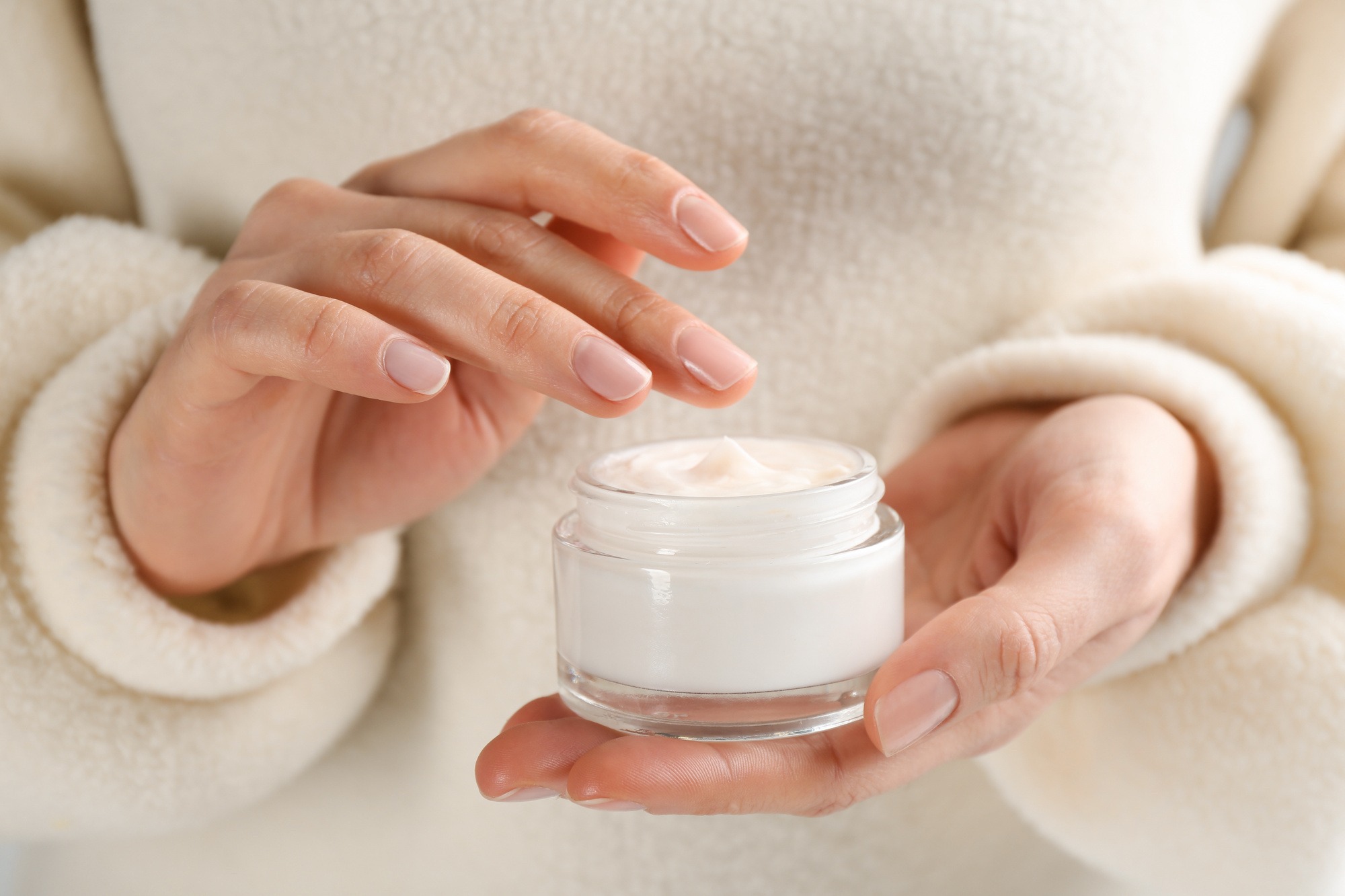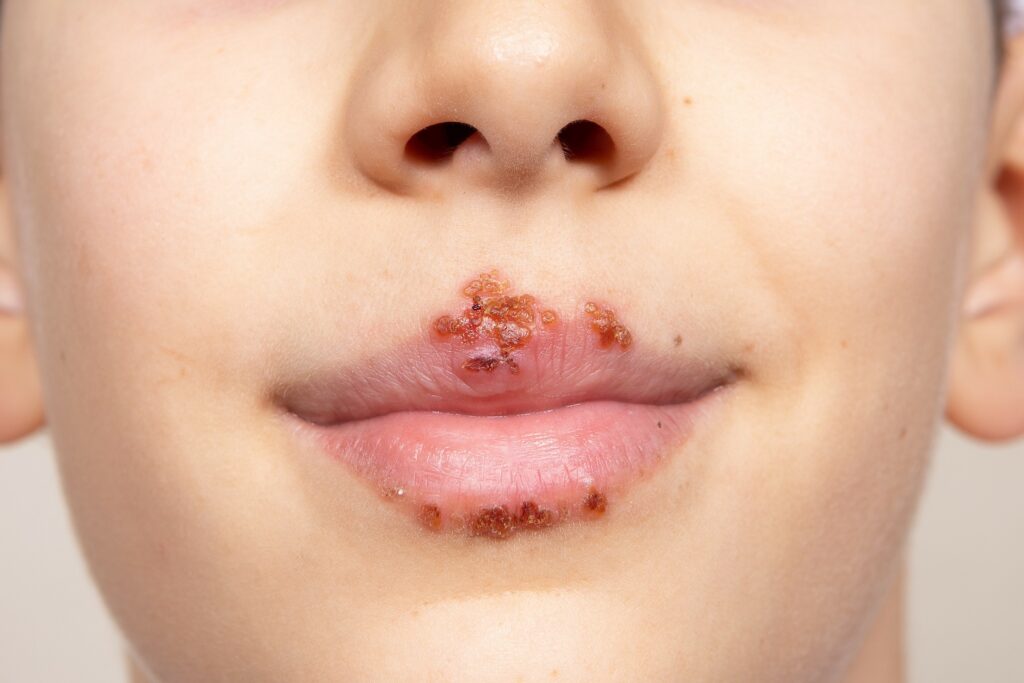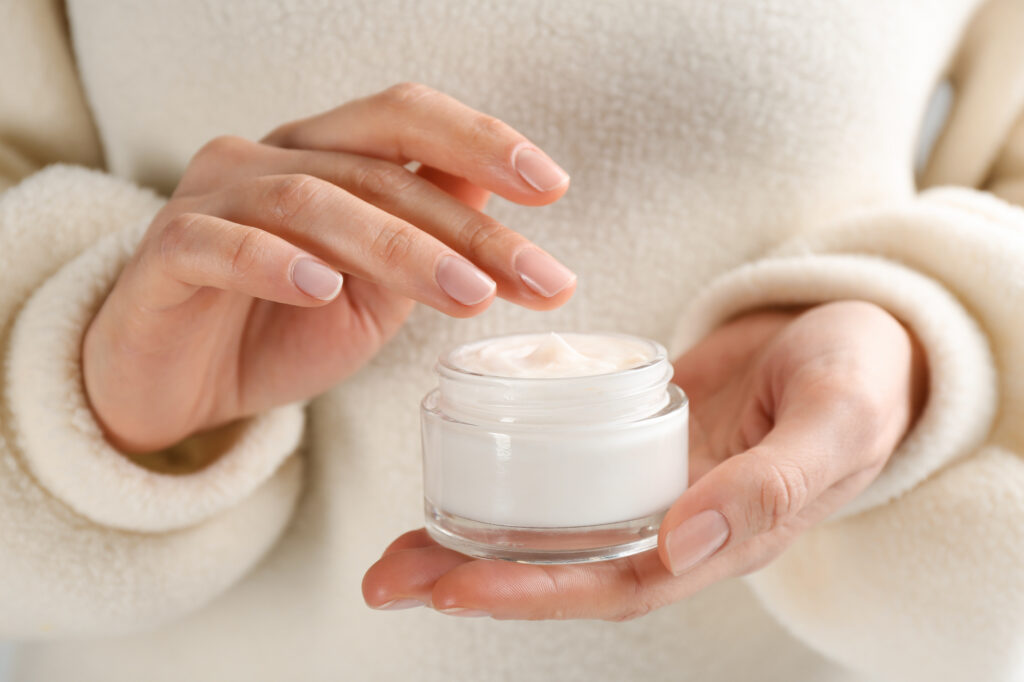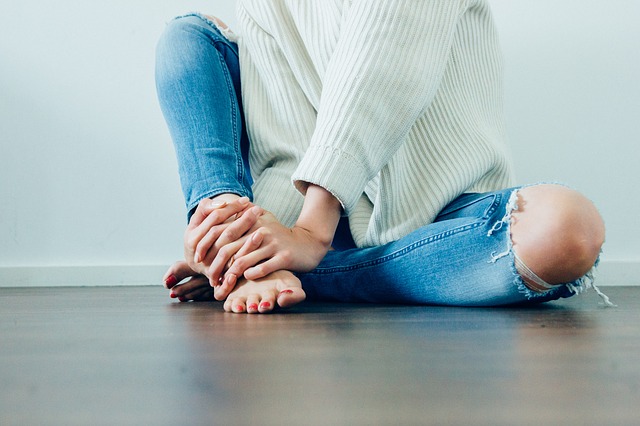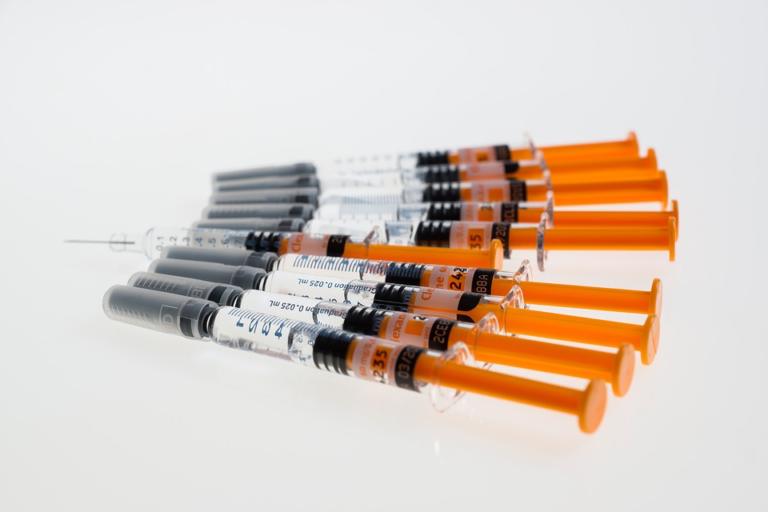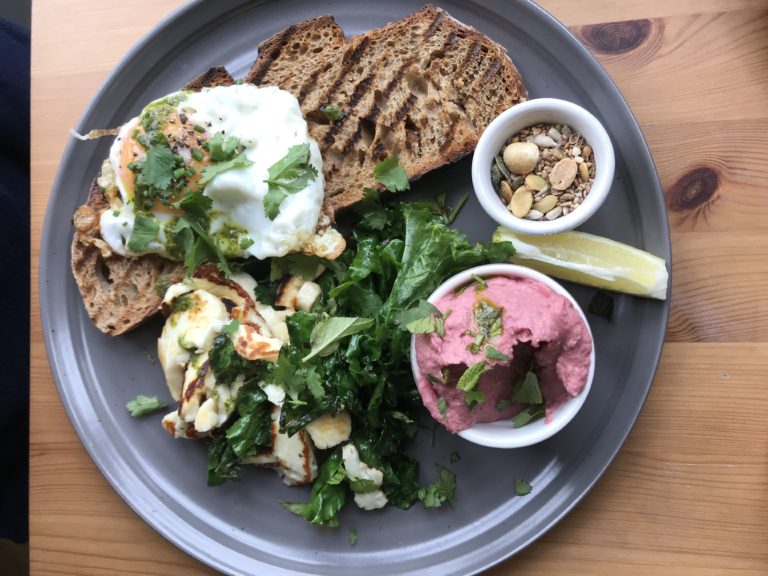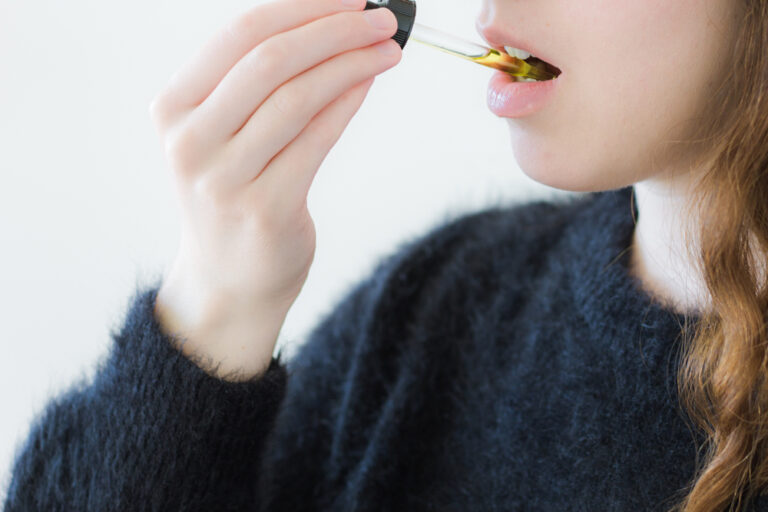6 Amazing Painless Ways To Get Rid Of Cold Sores
Cold sores are a skin condition resulting from the herpes simplex virus (HSV-1), which reports indicate has affected approximately 67% of the world’s population under 50. They often appear as a cluster of small, painful blisters on or around the lips.
Once you have suffered a cold sore infection, the HSV-1 virus remains in your system. During this time, you may not experience any symptoms of cold sores until the virus is triggered and recurs. What causes them to recur are extreme conditions such as exposure to the hot sun, weak immune system, changing hormonal levels, or stress.
While there is no cure for cold sores, there are several ways to manage them. This article will discuss six practical ways to get rid of cold sores. Whether you’re experiencing cold sores for the first time or frequently, these tips may provide relief and expedite the healing process.
6 Amazing Painless Ways To Get Rid Of Cold Sores
Apply Antiviral Creams On Affected Areas
In most cases, over-the-counter topical creams, such as those containing acyclovir or penciclovir, may reduce the outbreak’s duration if applied promptly.
These creams may prevent the virus from multiplying, slowing the rate at which cold sores develop. Apply the creams to the area around your mouth as soon as possible after noticing the onset of a cold sore.
In the case of severe or frequent cold sores, your doctor may prescribe antiviral pills to help reduce the frequency of outbreaks, lessen their severity, and shorten healing time.
Use Pain Relievers
As the name suggests, pain relievers do not directly affect the cold or the sores. Nevertheless, they may reduce pain and discomfort.
There are several types of pain relievers you may take for cold sores. The most common ones include ibuprofen and acetaminophen, which are sold OTC at most pharmacies.
Use A Cold Compress
Applying cold compresses with a damp cloth or a bag of frozen peas could alleviate cold sores by reducing the pain, swelling, and inflammation in the affected lip. This cold therapy could numb the affected area and reduce bleeding.
Moreover, applying a cold compress can help to limit the spread of the virus. Since cold sores are contagious, this is an essential step to prevent the virus from affecting other areas or infecting others. Repeat the cold compress application a few times a day for optimal results. Remember to always use a clean cloth or a new bag of frozen peas to avoid cross-contamination.
In addition to the physical relief, a cold compress may also provide psychological comfort. The soothing sensation can help reduce stress and anxiety associated with cold sores, which are known factors that can prolong the healing process.
Use The Appropriate Lip Balms and Creams
Using lip balms may keep your lips moisturized, preventing the skin from drying out and cracking, which could delay the healing process. Since ultraviolet radiation could trigger cold sore outbreaks in some individuals, certain lip balms contain sunblock, which may help get rid of cold sores.
When selecting a lip balm or cream for cold sore treatment, look for ingredients with antiviral and healing properties, such as lysine, zinc, and lemon balm. These ingredients may help speed up the recovery process and prevent future outbreaks. Make sure to apply the lip balm or cream frequently, especially before going outdoors or when experiencing dryness.
Do Not Touch The Affected Areas
Cold sores easily spread from one person to another. Touching the sore could transfer the virus to your fingers and other people or objects. Also, touching the affected areas could cause what is medically known as herpes whitlow.
Herpes whitlow is a viral infection that spreads from the herpes virus to your fingers and is characterized by painful blisters on the skin near the fingertips. It typically occurs when you touch a cold sore and a broken skin area on your hand. Furthermore, picking at a sore could delay healing and increase the risk of scarring.
Only tend to the cold sore with gloved hands. Afterward, wash your hands thoroughly with disinfectants.
Rest More and Eat Healthily
The HSV-1 virus that causes cold sores may remain in remission until lifestyle factors such as stress force it to resurface. In this case, get enough rest, as stress may worsen the symptoms of cold sores.
You should also ensure that you eat a healthy diet, as this may boost your immune system and prevent outbreaks of HSV-1. While cold sores affect almost anyone, people with a poor immune system are more likely to experience frequent bouts of the virus. In this case, boosting your immune system with healthy foods such as fruits and vegetables is important.
Parting Shot
You should always keep in mind that cold sores are contagious, especially when they’re in the blister phase. So, avoid close contact and share utensils or personal items with others during this time. The tips provided in this article may help you get rid of cold sores, but they are not a substitute for medical attention. If your cold sores are frequent or severe, consult a healthcare provider for a tailored treatment plan.

